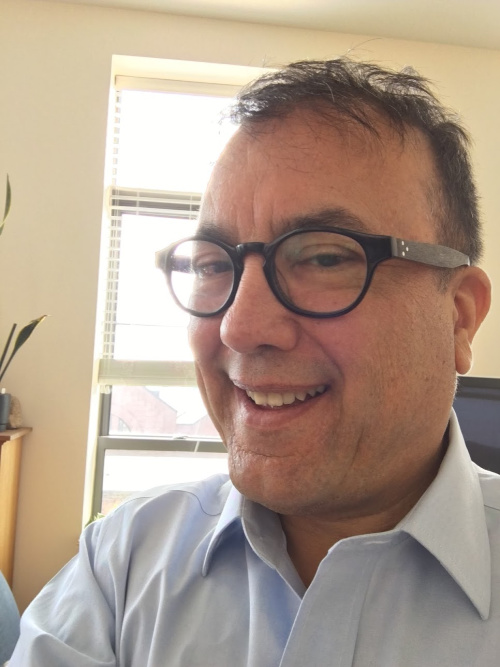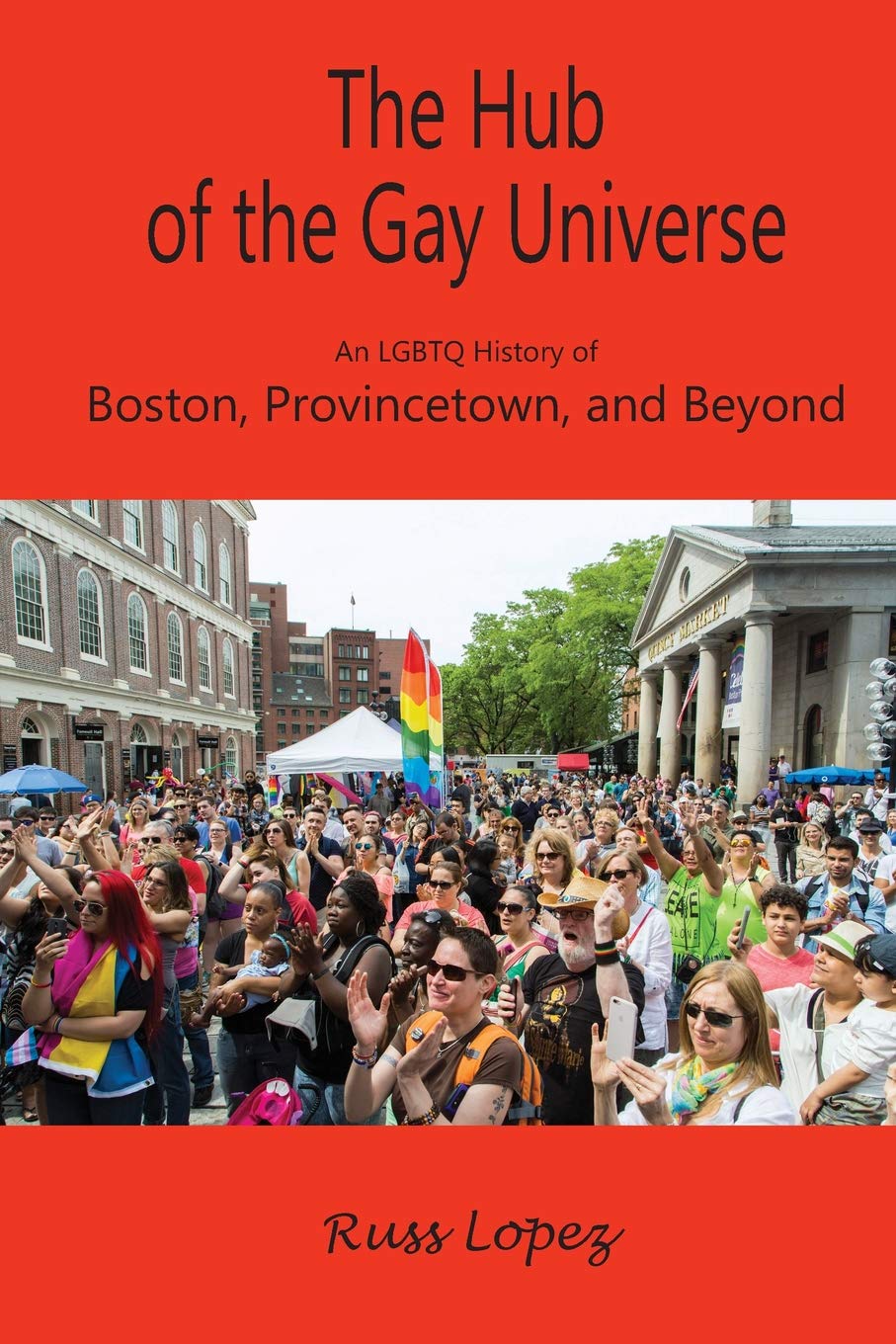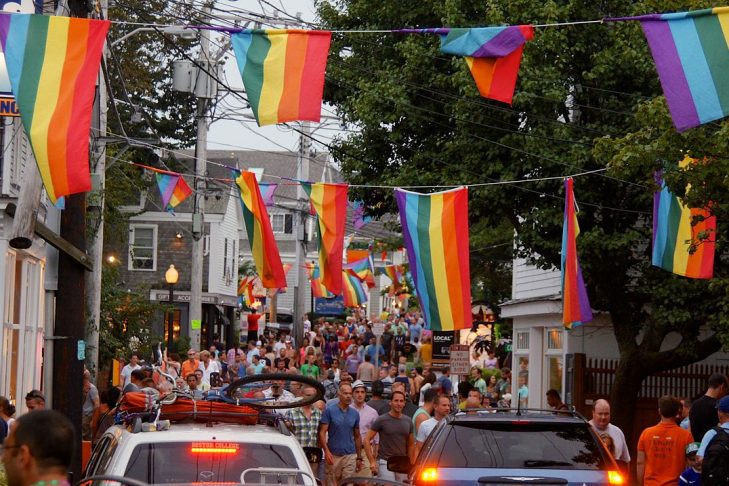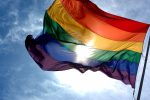June is Pride Month for LGBTQ people and their allies. This year Pride Month will also commemorate the 50th anniversary of the Stonewall Riots in Greenwich Village. The riots, which took place from June 28 to July 1, 1969, were a violent response to an early morning police raid against the gay community at the Stonewall Inn.
The attendant celebrations will bring LGBTQ history, as well as recognition of the ongoing struggle to achieve full equality, into focus. While the initial Pride Parade took place just a year after the Stonewall Riots, Boston’s first parade did not happen until 1971, explains Russ Lopez, author of “The Hub of the Gay Universe: An LGBTQ History of Boston, Provincetown, and Beyond.” Lopez told JewishBoston that in place of a parade, there was a series of workshops and lectures.

Lopez recalls that Boston’s first Pride Parade made four stops that included several gay bars, State Police headquarters, the State House to protest oppressive and discriminatory laws and Saint Paul’s Episcopal Church on Boston Common. Saint Paul’s would eventually become the place where the Religious Coalition for the Freedom to Marry would meet to support marriage equality in Massachusetts in 2004.
Lopez is an adjunct assistant professor in environmental health at Boston University; he and his husband have been members of Temple Israel for 25 years. He notes that “The Hub of the Gay Universe” was four years in the making and covers 400 years of gay and American history. “I start the book with the arrival of white European people to America in 1620, and end with the passage of Question 3, which ensures transgender protections under Massachusetts law,” he says.
According to Lopez, Boston’s treatment of LGBTQ people has ranged from cold tolerance to warm acceptance. He notes that despite the Puritan’s draconian sodomy laws, no man was ever executed for sodomy in Boston. By the 1890s, upper-class gay white men were accepted into the highest echelons of Boston society. To that end, Julia Ward Howe, author of “The Battle Hymn of the Republic” and a prominent Boston socialite, scandalized many people when she hosted a luncheon in honor of Oscar Wilde during his visit to the city.

Lopez’s timeline of gay history in Boston points to 1918 as a key year in which gay men in Boston actively opposed police repression. The first anti-sodomy laws were introduced in the State House in the 1930s. Lopez describes the 1950s as the dark ages for gay people, but notes that the 1960s were a time of coming out for LGBTQ people. Boston’s embrace of the LGBTQ community is further reflected in the fact that Transgender Day of Remembrance was launched in the city.
Lopez focuses on the role of religion in Boston’s LGBTQ history. “I cover the transformation of much of religious Boston as eventually becoming accepting and welcoming,” he says. “The Religious Coalition for the Freedom to Marry was at the forefront of working for same-sex marriage as early as 1998. Over time, conservative Protestant religions became Unitarians and Catholics. Reform Jews were instrumental in furthering rights for gays and others. The theme in the book picks up on how religion changed from being an obstacle to becoming supportive of gay rights.”




